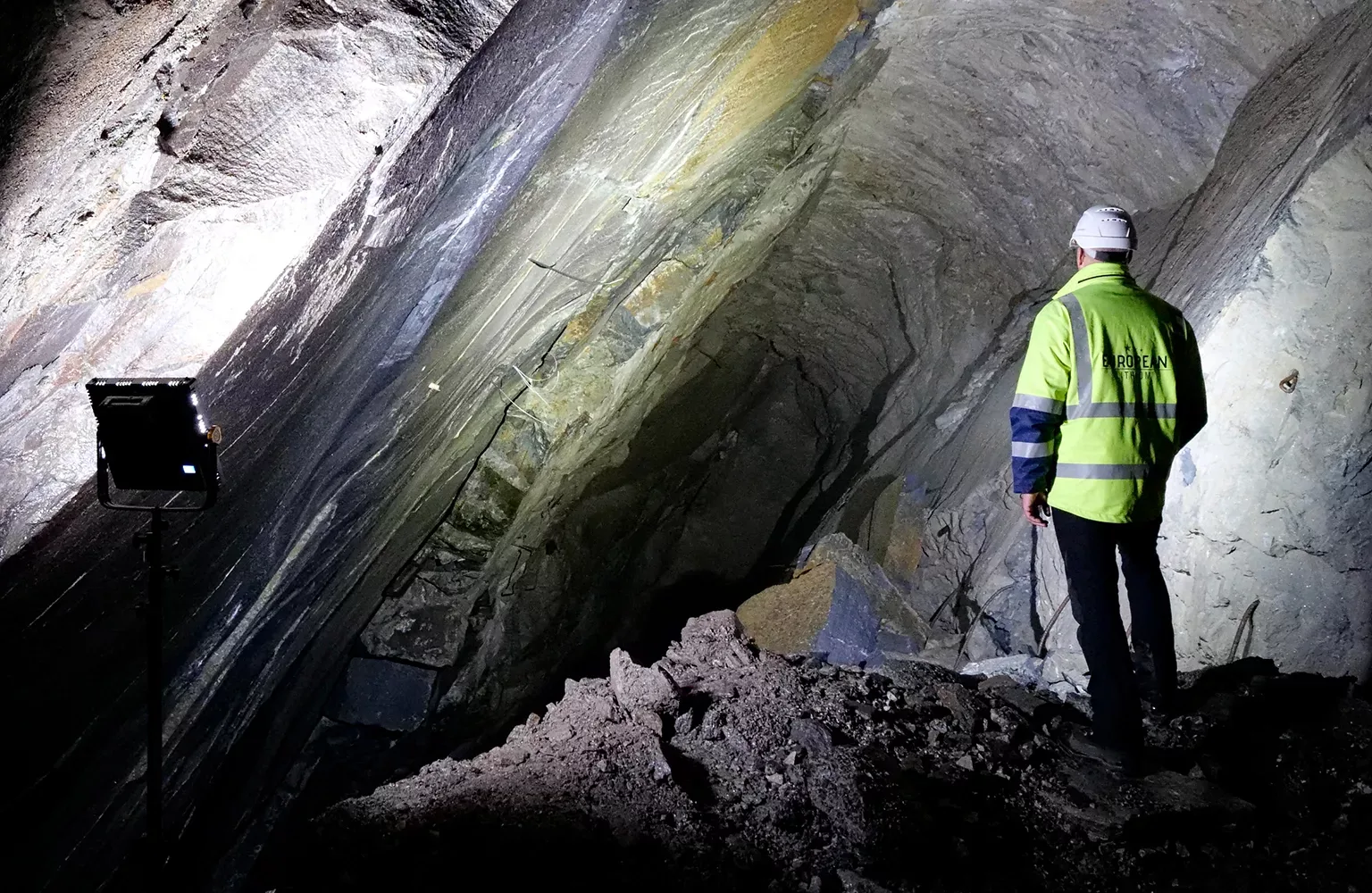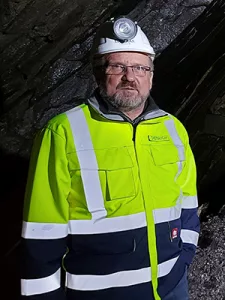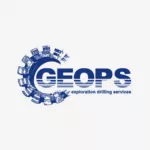Across Europe, electric vehicles have adopted lithium-ion battery technologies as standard. As a pivotal player in this burgeoning market, European Lithium is helping to meet this growing demand. We discuss the effects and trends associated with the ongoing energy transition with CEO, Dietrich Wanke.
ENERGISING THE CONTINENT
Lithium is a highly versatile metal that is widely used in glass and ceramic manufacture, aluminium smelting, greases, air treatment, metallurgical powders, polymers, and a variety of specialty salts and pharmaceuticals.
Further to this, it is a key component of lithium-ion battery chemistry, the world’s dominant rechargeable battery technology.
Defined as a soft metal, the lightest on the periodic table, with a silvery-white appearance that reacts immediately with water and air, lithium also has the highest electrochemical potential of any element, which enables it to achieve high energy and power densities.
Additionally, it has the highest specific heat capacity among solids and a low density, making it highly applicable to long-use life in small and lightweight batteries.
As a key player within the lithium mining industry, European Lithium is an exploration and development business focused primarily on its wholly-owned Wolfsberg Lithium Project in Austria.
“We aim to be the first local lithium supplier in an integrated European battery supply chain,” introduces CEO, Dietrich Wanke.
The company is successfully advancing the project in the heart of Europe with the intention of helping to meet the continent’s growing demand for self-sufficiency in the supply of natural resources.
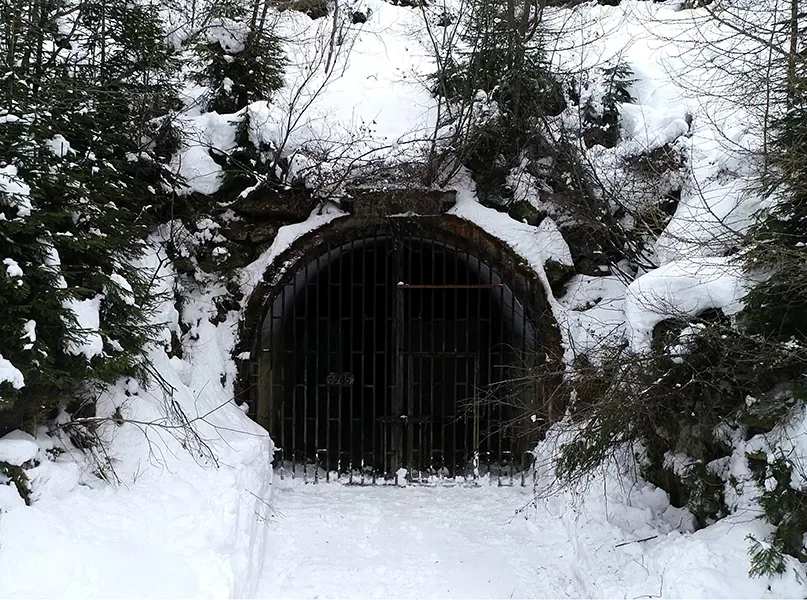
At present, on a global basis, China is the largest consumer of lithium with approximately 40 percent consumption in 2015. Meanwhile, Europe is the second largest with 21 percent, followed by Japan and South Korea.
“In Europe, there’s certainly a need for raw materials, especially when it comes to the context of the ongoing energy and mobility transition across the region, which requires certain materials such as lithium, nickel, cobalt, and graphite,” he adds.
Wanke has more than 30 years of experience in management at operational level for underground and open-cut mines, and has held statutory positions as a registered manager under the applicable mining acts in several countries and across a multitude of commodities.
He has also managed mining operations in Germany, Australia, Indonesia, Papua New Guinea (PNG), and Sierra Leone, from greenfield exploration through to full-scale production, as well as the extension of existing mines.
Notably, Wanke has also been awarded the APAC Insider Lithium Industry CEO of the year 2024 award.
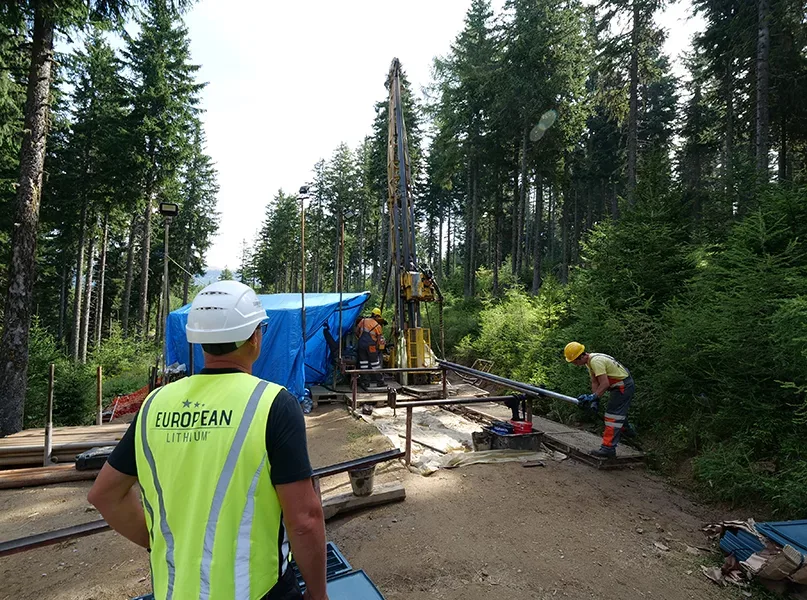
WOLFSBERG LITHIUM PROJECT
European Lithium is firmly focused on the exciting ongoing development of its signature Wolfsberg Lithium Project.
Located in an industrial town 270 kilometres (km) southwest of Vienna in Carinthia, Austria, the project is a hard rock lithium deposit with historical exploration as a Joint Ore Reserves Committee (JORC) resource, also possessing significant exploration upsides.
“Close to vital road and rail infrastructure, we are well located to service European consumers, the electric vehicle (EV) industry, and a growing number of battery manufacturers in the region,” Wanke explains.
“The Wolfsberg Lithium Project is well located in Central Europe to distribute our products to the major lithium-consuming countries of the continent,” he continues.
The project comprises 22 original and 32 overlapping exploration and mining licences covering 20 areas issued by the Austrian mining authority.
All exploration licences are currently extended by the mining authority until 31st December 2024, and all licences for exploration and mining activities can be held in perpetuity provided their conditions are maintained.
The Wolfsberg Lithium Project benefits from significant exploration started by its past owners, and consequently continued through advanced exploration, metallurgical testing, and mining with pre- and definite (bankable) feasibility studies conducted by European Lithium until recently.
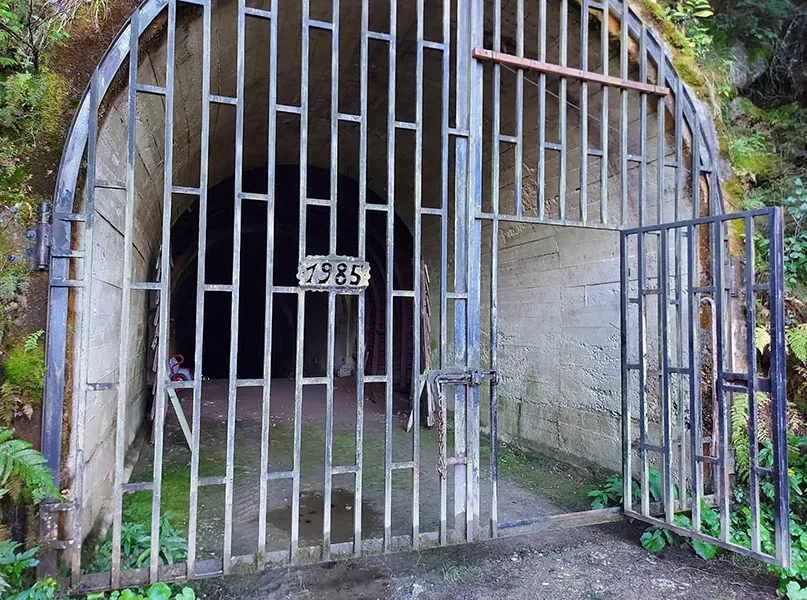
Large, measured resources and proven reserves from the advanced and complex exploration, followed by detailed mine planning and optimisation, give solid confidence to develop the project into active operations.
The active underground test-mining and establishment of a metallurgical pilot plant for advanced and complex metallurgic testing purposes has enabled European Lithium to confirm its capabilities to produce Tier 1 quality for its battery grade lithium hydroxide monohydrate (LHM) product.
Together with an independently developed and signed off bankable definite feasibility study, these activities demonstrate European Lithium’s capabilities and confidence to become one of the first integrated suppliers for the growing and demanding lithium market within Europe.
Most recently, European Lithium has founded another intermediate company called Critical Metals Corp (CRML) in New York. A major milestone, CRML is now successfully listed on the NASDAQ stock exchange based on the successful development and key performance indicators of the Wolfsberg Lithium Project in Austria. This gives European Lithium exclusive access through CRML to the North American finance market and economy.
Furthermore, CRML has acquired significant interest in a rare earths exploration project, called Tanbreez in Greenland. This demonstrates the group’s ambition and strategic focus to cover a broad spectrum of critical metals such as lithium and rare earths for a sustainable supply chain within Europe.
“This groundbreaking project has two integrated operations – mining and processing – to produce lithium concentrate, and a hydrometallurgical plant to convert this concentrate into battery-grade LHM.”
“We aim to be the first local lithium supplier in an integrated European battery supply chain”
Dietrich Wanke, CEO, European Lithium
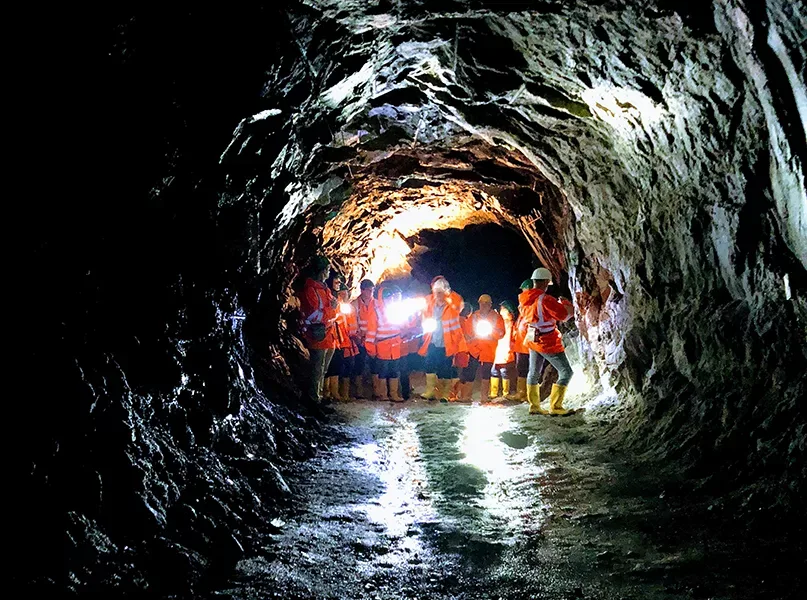
FUELLING THE ENERGY TRANSITION
The lithium boom in Europe is aligned with the ongoing energy transition as EVs continue to rise in popularity and prominence.
“Luckily, the COVID-19 pandemic has barely made a dent in European car makers’ EV sales and ambitions, and soon they will need more battery-ready lithium than the world can supply in a long-term perspective,” Wanke tells us.
In this way, European Lithium aims to use cutting-edge technology to help fuel the region’s sustainable energy future.
Wanke believes that Europe is where lithium demand is going to grow the quickest anywhere in the world as it has no domestic supply, relying instead on global imports.
The clean energy revolution has created a pressing need to secure lithium supply as a key component in the lithium-ion battery space; this therefore remains key to satisfying growing global and European demand.
“Having lagged behind, Europe is now investing heavily to transform its automotive industry and become a leader in electrified mobility. European Lithium’s Wolfsberg Lithium Project is in the heart of the continent’s burgeoning cluster of battery manufacturers.”
The medium-term outlook for lithium consumption is going from strength to strength, with a base overall growth rate of 6.4 percent per annum by 2025, resulting in demand of 328,000 tonnes per annum (tpa) of lithium carbonate equivalent (LCE).
Furthermore, surging demand and stronger global economic growth could result in an average growth rate of up to 9.3 percent and demand for 440,300 tpa of LCE in 2025.
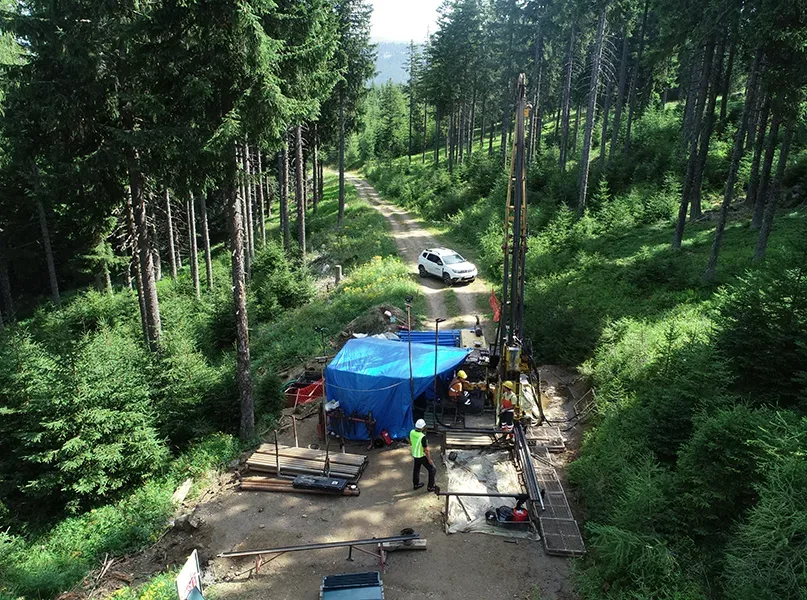
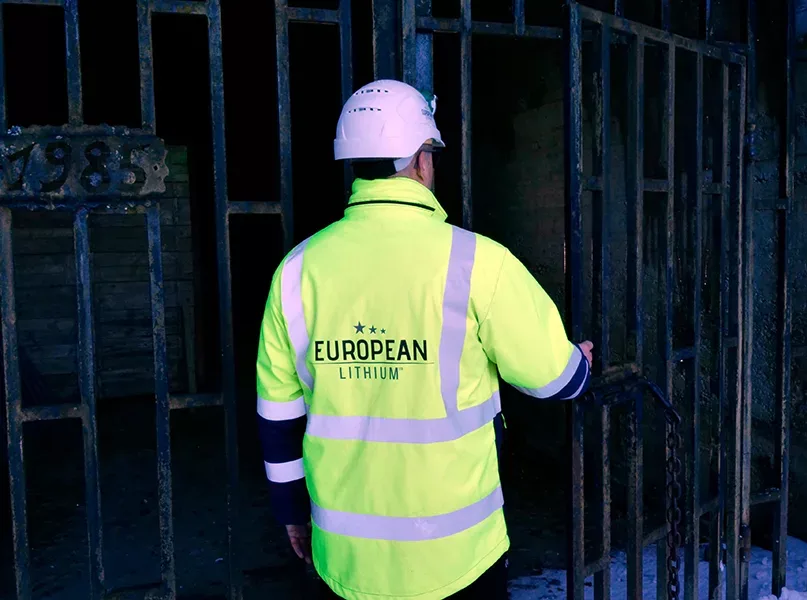
AN INDUSTRY IN FLUX
Most of the world’s large car manufacturers are currently in the process of launching models that integrate lithium-ion battery technology. Tesla is aiming to bring EVs to the mass market by lowering costs while entering into battery manufacturing at its Gigafactory Nevada facility, which will initially produce 500,000 units a year.
“It will invariably take time for leading car manufacturers and society to adopt EVs to a point that will impact the lithium market. However, their governments also need to take action to reduce global warming and pollution in cities, and the adoption of these vehicles can play a significant role in that,” Wanke envisions.
“The market for lithium-ion batteries has grown markedly, and EVs require substantially more lithium to power them,” he adds.
As well as cars, lithium-ion batteries are increasingly being used for heavy duty power storage, particularly when linked to off-grid sources of renewable energy that have also been projected as a huge growth market for companies such as European Lithium.
Meanwhile, the increasing use of aluminium-lithium alloys in aircraft manufacturing to lighten weight and improve fuel efficiency presents significant growth potential.
Undoubtedly, European Lithium has grown into a crucial player within the lithium supply chain and continues to play its part in the ongoing transition as the world looks to embrace environmentally-friendly solutions, and the demand for EVs looks set to skyrocket even further.
“To take our project to the next level, we will now turn our focus to securing additional funding, which remains our top priority in order to continue our work and progress across the next 12 months,” Wanke finishes optimistically.



